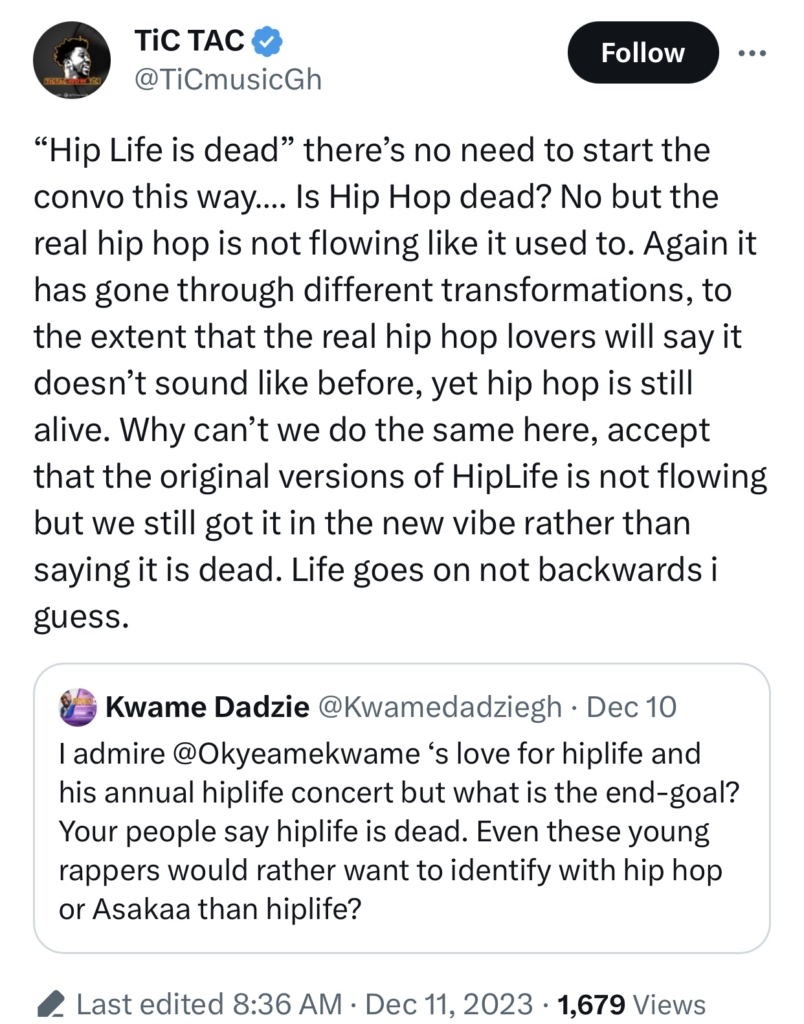
Renowned Ghanaian rapper and songwriter, Okyeame Kwame, has expressed concern over the apparent neglect of the hiplife genre by the current generation of rappers.
According to Okyeame Kwame, many young artists in Ghana prefer to associate with hip hop or Asakaa (Ghanaian drill) rather than identify as hiplife artists. He attributed this trend to the difficulty of finding the hiplife genre name on digital music platforms.
During an interview with Joy FM's entertainment journalist Kwame Dadzie on X, Dadzie raised concerns about the perceived decline in the hiplife field.
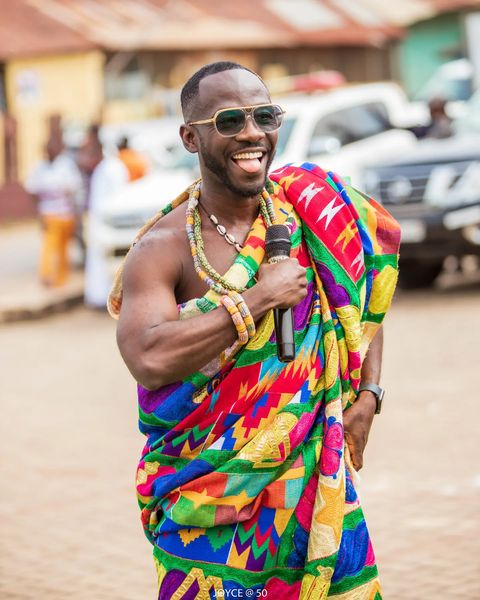
Okyeame Kwame responded, acknowledging the shift in preference among younger rappers and explaining that although they may not use the term hiplife, they are technically still creating music within that genre.
A younger generation will give up on tradition when it fails them. If they call their music hiplife, how will it fit on Spotify and other streaming sites? People choose their business heroes based on financial and social impact, how many heroes did hiplife create? Nuances, Okyeame Kwame emphasized.
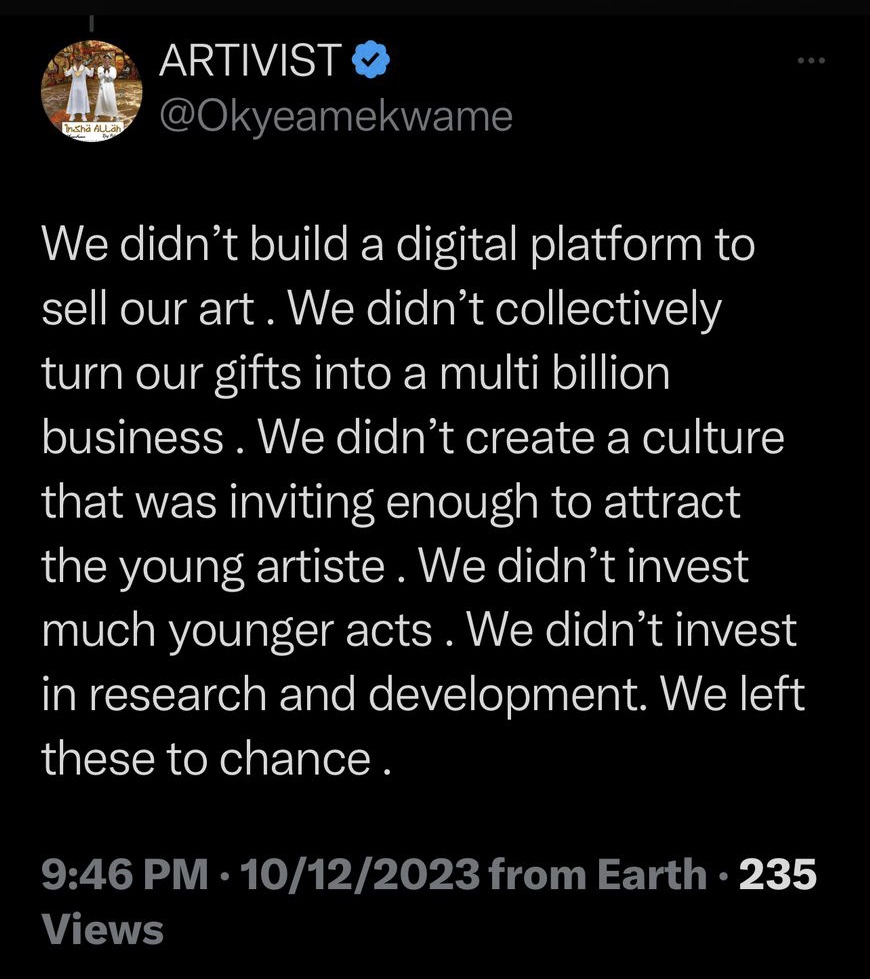
When asked about what went wrong, Okyeame Kwame pointed out several factors, including the lack of a digital platform to sell their art, the failure to turn their gifts into a multi-billion-dollar business collectively, and the absence of a welcoming culture to attract young artists.
He admitted that hiplife had indeed failed, particularly in finding a spot on streaming sites that do not recognize it as a genre.
Contrary to the belief that hiplife concerts may be unnecessary in recent times, Okyeame Kwame emphasized the importance of such events in evoking nostalgia and preserving the heritage of Ghana's music genre, hiplife.
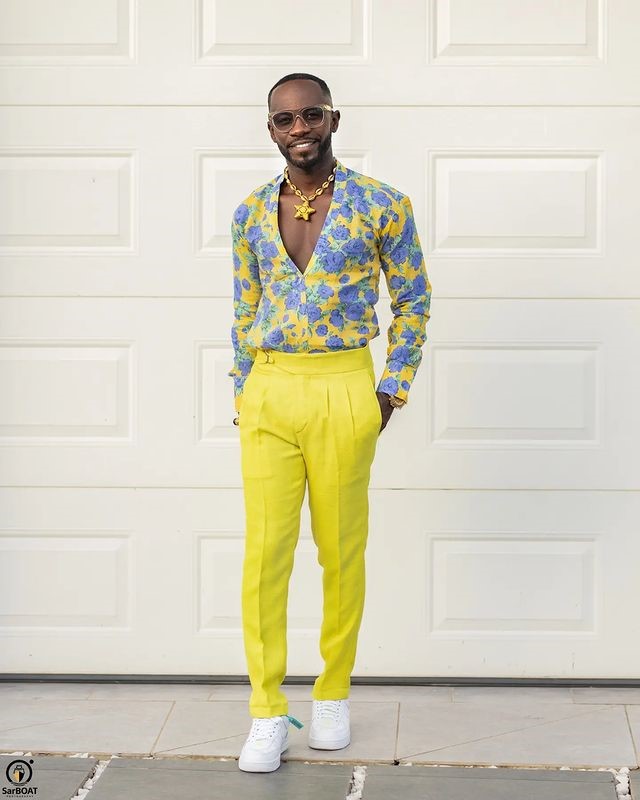
Addressing the mention of Ghanaian drill by the Recording Academy of the Grammy Awards instead of hiplife, Okyeame Kwame dismissed it, stating that the Grammy Awards operate on a business basis and choose what aligns with their financial agenda.
Adding to the conversation, iconic hiplife artiste TiC acknowledged the transformation of hiplife and rejected the notion of declaring it dead. He drew a parallel with hip hop, noting that though it has undergone changes, it remains alive and continues to evolve.


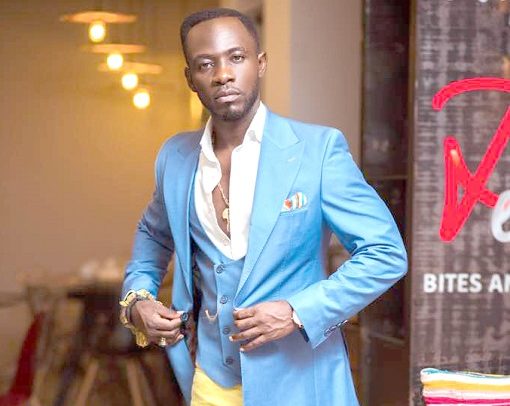

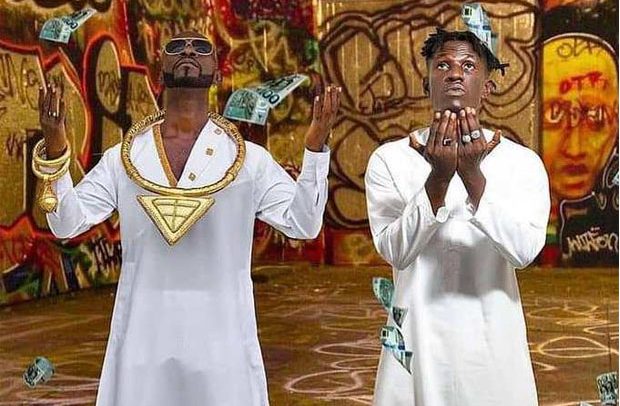
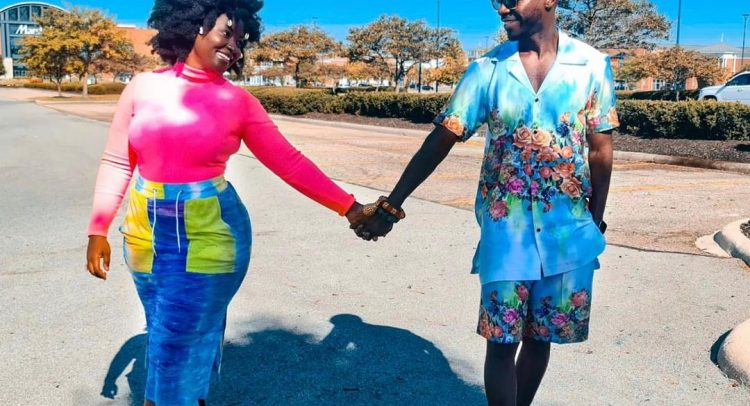
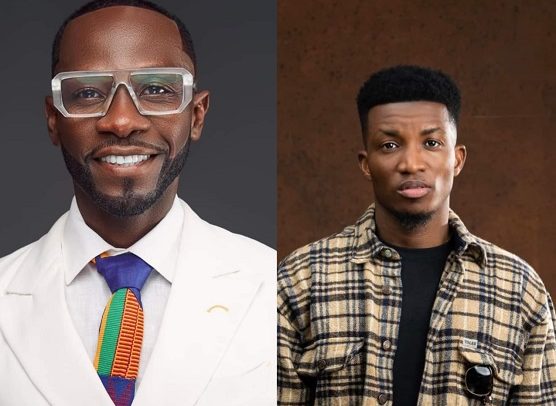

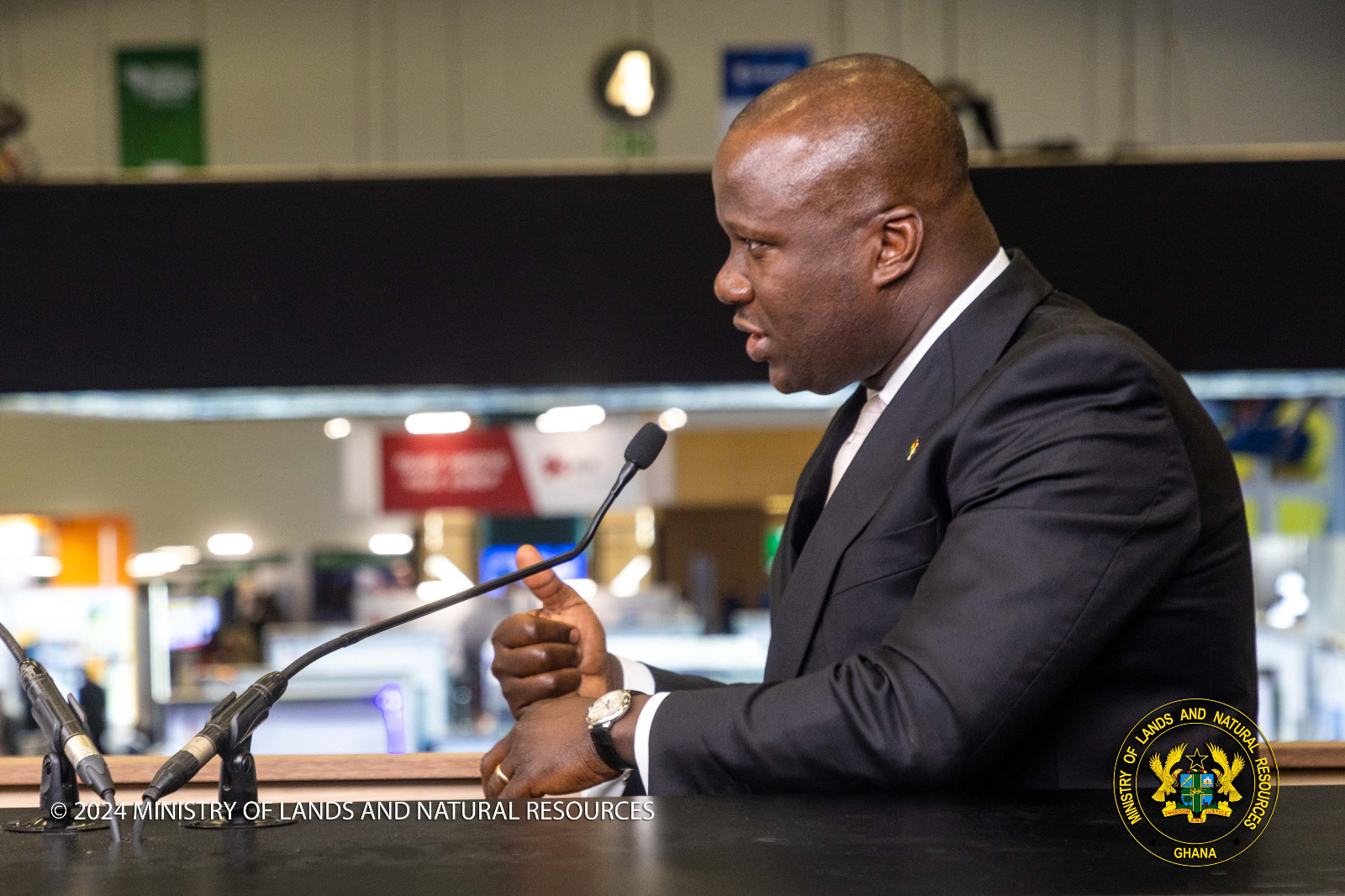
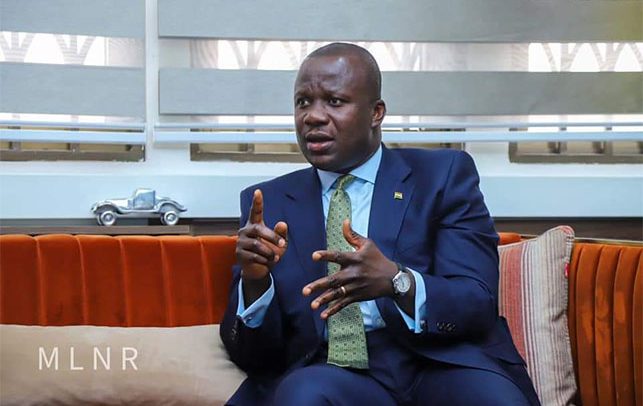
















Facebook
Twitter
Pinterest
Instagram
Google+
YouTube
LinkedIn
RSS